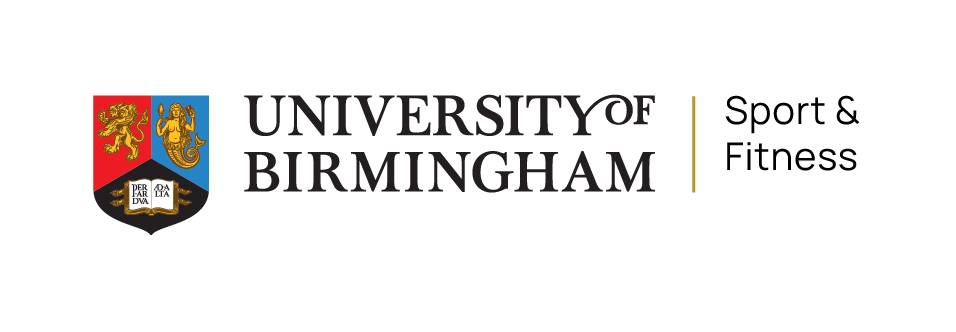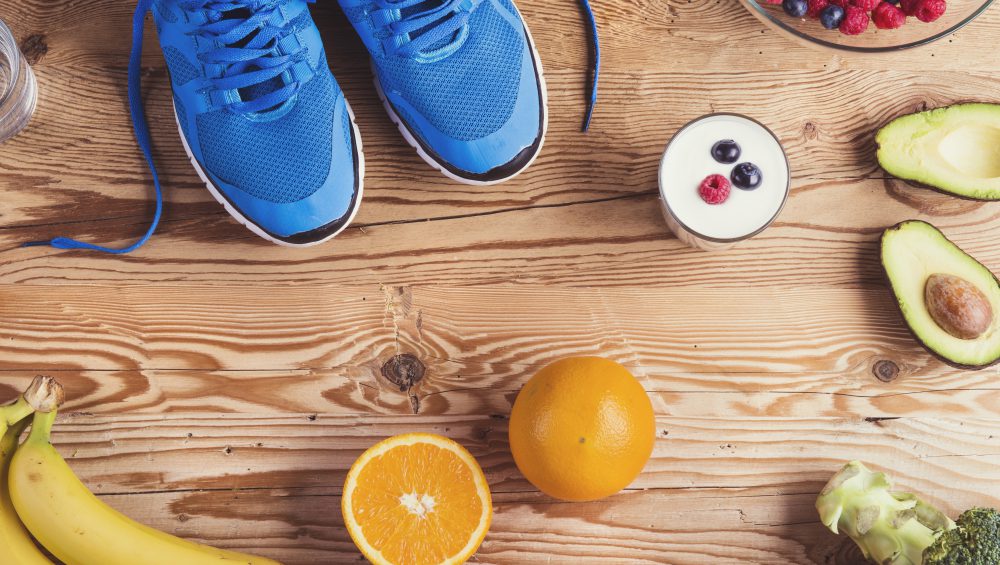Muslims who choose to fast during Ramadan will abstain from eating and drinking between sunrise and sunset each day for one month.
It’s a busy time for those who have to fit in their regular daily tasks along with prayer time, but should this schedule and the limitations on consumption mean that you can’t keep exercising during this period?
Although Ramadan may not be a time to push your limits or set personal records, there are definitely still ways to maintain your workouts and schedules. As it’s a time for worship, self-reflection and an opportunity to become a better person, Muslims across the world use this holy month of fasting and prayer to restore not only their relationship with God but their relationship with themselves. One of the main aspects of preparing for Ramadan is to figure out ways to better yourself and implement them during the holy month.
We chatted to our Personal Trainers at Sport & Fitness, to find out a bit more about sports nutrition during Ramadan, what they recommend doing, and when.
Sessions undertaken in the morning after sunrise
Not only does this get the workout done early when you might feel your most energetic, but you’ll have a good amount of fuel to go on.
Pros: You will benefit from eating and drinking from the previous evening and before dawn
Cons: There’s little opportunity to refuel, rehydrate, and recover after these sessions
- Suhour (the last meal before the beginning of the day’s fast) should be eaten as close as possible to sunrise and athletes should choose foods that contribute to sport nutrition needs for the day. Low GI carbohydrate choices are recommended to allow slow release of glucose.
- Higher sodium foods at Suhour may be beneficial to promote fluid retention and aid hydration.
- Eating some slow-digesting casein protein (e.g. Cottage cheese, greek yoghurt, other dairy products) immediately before sunrise will provide your body with a continuous source of amino acids for the hours to come.
- Consumption of ‘‘slow’’ proteins at meals consumed before dawn to help with protein balance over the day is advised. Sufficient fluids and electrolytes (especially sodium) should be consumed after sunset and before sunrise to ensure full replacement of sweat losses and to prevent progressive dehydration.
Sessions undertaken in the evening, scheduled to finish just before Iftar
Potentially the best time for Muslims to exercise during Ramadan is right before sunset when they will have the opportunity to refuel and recover straight away afterwards.
Pros: You’ll benefit from the ability to eat for recovery at Iftar (breaking fast) and during the rest of the evening
Cons: These sessions are undertaken with minimal pre-exercise nutritional support
- When training or competition are scheduled late in the day, athletes should be careful to limit glycogen depletion and sweat losses by restricting activity levels and exposure to warm environments during the day.
- Carbohydrate-rich foods should be consumed at the break of fast.
- Athletes should try to consume at least 20 g of rapidly digested and absorbed high-quality protein soon after exercise whenever possible, as well as high-quality protein-rich foods at each meal opportunity during the evening and before dawn.
Sessions undertaken in the evening after breaking fast
A good option for those with less free time, working out after eating can be beneficial.
Pros: 2 – 3 hours after the break of the fast gives the best opportunities to fuel and hydrate before, during, and after
Cons: It must be balanced against the importance of sleep!
- Strength training is best performed later in the day to ensure protein can be consumed soon after exercise in order to maximise training adaptations.
- Consume small amounts of carbohydrate during exercise undertaken after the fast is broken, even if there is little need for additional fuel.
Finding an exercise routine that fits around this time can be difficult, and should only be taken on by people who are used to exercise. If you’re continuing to work out during Ramadan, cardio and heavy weights are not recommended – your body isn’t functioning on its usual fuel, and exercise could be dangerous if taken too far. If you’d like to chat with one of our Personal Trainers regarding training that works around your lifestyle, email the Gym team today. And remember, if you’re feeling unwell due to illness or fasting, please do not take part in exercise until you feel fully well and able!





